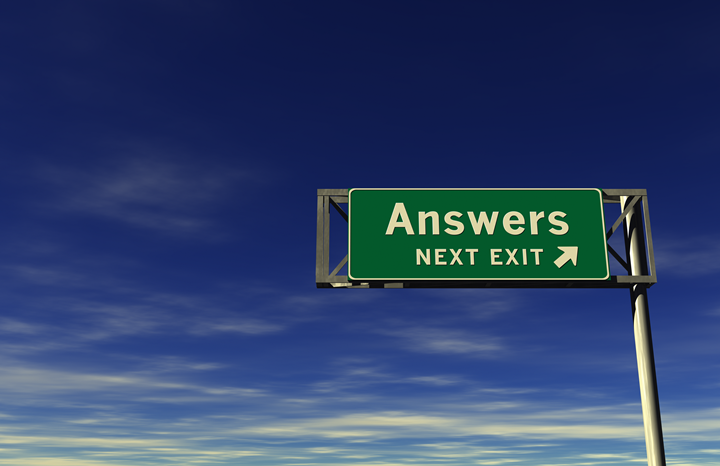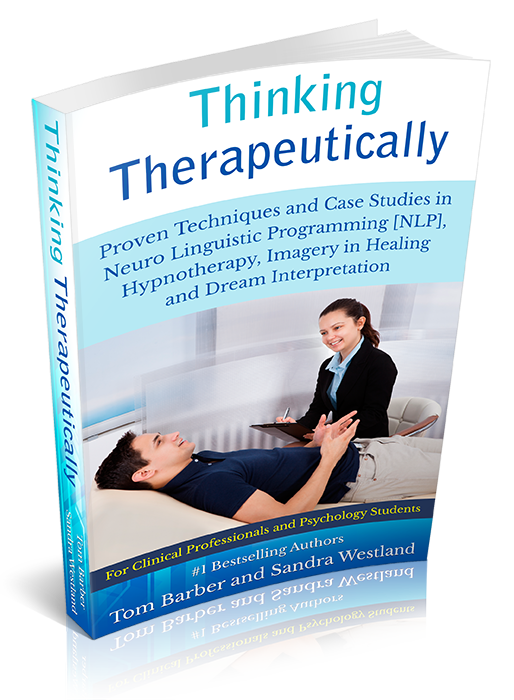,,Everyday Anxiety
Managing the everyday anxiety and stress that is understandably present since the COVID-19 pandemic began is crucial to surviving each day. Everyday anxiety can be argued to be ever-present, but arises into our awareness when we think and physically react to, and worry about, questions like:
- What can we do at the weekend?
- How will I pay my bills?
- Will I lose my job?
- How will I go back to work safely?
- How do I get a refund for the family holiday?
- How big is the queue to get into the supermarket? Will they have any pasta or flour?
What things have you worried about during the past few months? Make an honest list.
Thought stopping techniques, mindfulness and relaxation/meditation are great ways of keeping this anxiety under control on a daily basis. Quietening the emotional brain is crucial here. What have you found that helps?
It’s also important to engage your rational brain as much as possible. Crosswords, sudoku, quizzes and reading all help keep those neurons firing and connecting. If your rational brain remains active you can then also use calming self-talk and not give yourself such a hard time (which increases anxiety).
Once the emotional brain sends out a surge of stress hormones, the rational brain doesn’t work so well, which is why we are more forgetful when stressed and can’t always complete the simplest of tasks. So, KEEP CALM!! Easier said than done … yes? Why is this?
Deeper Tensions
Let’s look a little deeper regarding the way you have and are locating yourself within this COVID-19 situation and check out the deeper angst/tensions within this. These will also be impacting how you feel on a daily basis. You may have written down some of the deeper worries and angst in the list you have just recorded. You can check back to them later.
Look at the continuums below and mark where you feel you are on them. For example, have you found yourself focusing on you/your families health or is your focus more on the actual virus (the disease), or are you sitting in the middle where sometimes you focus on your health while other times you worry about the spread of the coronavirus? Have you found that you have been focusing completely on the future (how your life/world will change or getting back to normal as quickly as possible) or are you focusing mainly on the past and how things were last week, or last year, and what you have lost, or have you found you sit in the middle thinking about both?
There is no right or wrong answers. This is simply to help you position yourself and your sense of who you are in this time. This exercise will identify what you have felt strongly about over the last few months and where there have been tensions.
These are known as existential tensions that we all hold (just through being alive). As you work through this exercise you will likely have noticed that wherever you are on the continuum there is tension!
COVID-19 may well have pushed you towards a different emphasis to your norm, which has been hard to tolerate (consciously or unconsciously), or it may have highlighted tensions that you were previously unaware of.
For example, you may not have realised your need to feel so in control or how much you need to be around other people to function.
Question if you are happy when you are at one end of the scale or the other, rather than somewhere in the middle. What are the benefits and limitations for you in your life holding these positions? For example, if you are totally trusting, or 100% suspicious, how might that limit/enhance your life? If you are using your intuition in the world, what is it like without reason and enforced rules. Do you fluctuate between security and uncertainty, and this drives you to distraction?
What are your thoughts about yourself?
As you may be able to see there are no “perfect” answers, because holding one position strongly may be as difficult as holding the tension of being in the middle. You may also find that you change your positions regularly, which depends on the situation, or even mood you are in.
It’s simply about noticing what these are for you and knowing that tensions are always there causing us angst to a greater or lesser degree. However, if you need to be at one end of the scale at all costs, that takes a lot of energy and will produce a lot of anxiety, so you may want to see how you can move more into the middle. For example, if the need to be in control is incredibly strong, then this will likely impact your connectedness in relationships and the ability to feel alive and present in the moment. COVID-19 has for many people created a situation where there is no escaping from themselves, and highlighted just what is and isn’t important to us and the tensions we hold every day. With this knowledge there is the potential for personal growth.
Existential Anxiety
There is another sort of anxiety that we all experience (whether we know it or not), that being Existential Anxiety, or Angst.
Existential anxiety is an inevitable part of being alive, and is the result of knowing that we are free and responsible in the creation of our own lives. The uncertainty this brings is present in the uncomfortableness of the tensions you have just been exploring. If we can embrace living within this freedom, and alongside it, we can experience a greater authentic/real way of being. We can feel alive rather than feel like we are just existing. We can be more human being, and less human doing.
The reality of Existential anxiety won’t cripple you, but will move you to a richer living of life, and open you up to your possibilities, and potential.
Everyday anxiety will prevent you from doing all manner of things; it will stop you in your tracks, and cause you to avoid situations, people, and progression through the likes of promotions at work. It also allows you to hide from the existential anxiety, the right kind of anxiety that you need to learn to be with, as herein lays your passion, your potential and your personal road to growth and fufilling your purpose.
Both everyday and existential anxiety in the coronavirus ‘lockdown’ have been difficult to hide from and deny, as there are so many restrictions, uncertainties and less for us to do, confronting us with ourselves and others mortality, and the unknown.
Let’s see the two anxieties in action: The scenario is – I might lose my job because of the lockdown and so am thinking about starting up my own business.
Everyday anxiety, will lead me to saying, “Oh my goodness, losing my job will be awful … why am I thinking of starting up my own business? I can’t, I’m not good enough … what will people think? …. What if it doesn’t work? … How will I manage? … What happens if I make a mistake? Why am I thinking it might work? I’m anxious and scared of failing. I had better hope that I keep my job.”
However, Existential anxiety, will sound more like, “Oh my goodness … This may be an opportunity and the push I need … I’m thinking of starting up my own business … I’ve not done that before, anything could happen … There will be a lot to learn, but I’m going to see what happens … What have I got to lose? It’s going to be an adventure. I’m going to do this! I’m anxious, and really nervous, as I don’t know just what will happen and I am responsible for that, which actually makes me feel panicky … but also excited about how things will evolve.”
Can you see the difference?
Think for a moment what has been happening over the past few months and how this has impacted you and your professional and personal life … Emotionally how have you found yourself? …. and then think about the future, and your future.
What happens?
Beginning to notice noticing
Can you identify and pinpoint everyday anxiety and existential anxiety (something like ‘I worry about not paying the bills’ and ‘I also worry about how the nation will recover’ and ‘how we will have a ‘new normal’’).
Remember, existential anxiety is always there – it offers our zest for life and helps us strive to feel alive and be our natural authentic selves. If it feels overwhelming most of the time, then maybe you might like to look further at where this is coming from and what it is telling you.
What tends to happen is the experience of angst comes and goes – as you move between the business of life and its demands and into the checking in with ‘what am I doing in my life and is this okay?’, to back into the business of life and adjustments you make because you have recognised things are not how you want them to be.
If you ignore anxiety it can lead to shut down (anxiety can lead into depression, for example) so it may be worth exploring this further. It might just change your life, and that might be something you think worthy of finding a professional to guide you through these unprecedented times.
Dr Sandra Westland is a UKCP registered existential psychotherapist and counsellor with over 25 years experience of helping people with a wide variety of psychological issues. She is a bestselling author of 4 books, and enjoys running workshops both in the UK and Internationally, as well as teaching, and writing programmes to help people become all they can be. Sandra is a co-founder of Self Help School, an innovative source of education for people looking for self-improvement. Her academic speciality is in the subject of body image and obesity.



